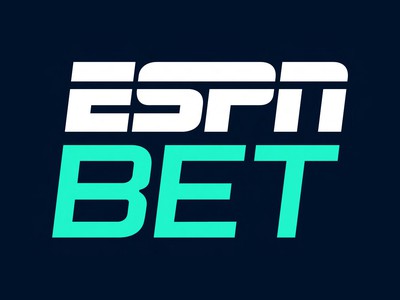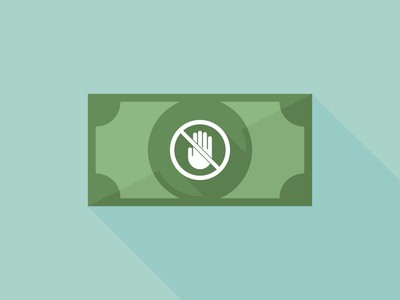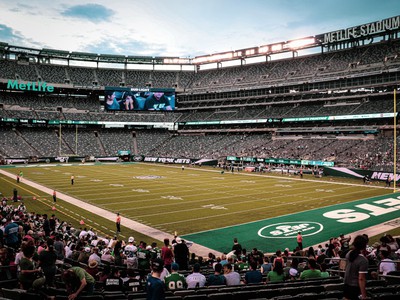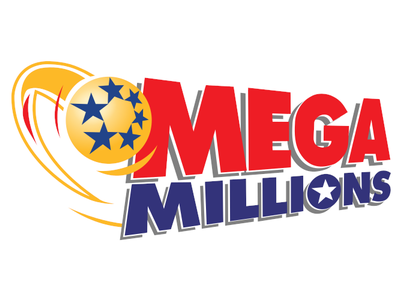Caesars Entertainment says it plans to invest more than $1 billion over the next two-and-a-half years to build what it hopes will become an online sports betting juggernaut, through incentives and promotions aimed at its database of more than 60 million customers.
Executives from the gaming powerhouse warned that earnings before interest, taxes, depreciation, and amortization (EBITDA) from its Caesars Digital division, which includes both retail and online sportsbook revenue, are likely to be impacted during that timeframe as the company establishes its rebranded Caesars Sportsbook.
“You should expect Digital to be a material EBITDA loser, starting this quarter,” CEO Tom Reeg said during the Q&A portion of an earnings call Tuesday to discuss Q2 2021. “You should expect that $1 billion-plus of spend to run through that EBITDA line over the next two-and-a-half years or so,” due to the costs associated with launching a successful online brand—including a national advertising campaign encompassing social media and national and local television markets, some of which are expensive.
Reeg’s comments came one day after the company launched its rebranded app, Caesars Sportsbook, which is now live in eight states—Colorado, Indiana, Iowa, Michigan, New Jersey, Tennessee, Virginia and West Virginia. Caesars said the app will also go live in Arizona, Maryland and Louisiana after it receives regulatory approval.
The new app is being touted for its integration with the Caesars Rewards program, as well as customized promotions, flexible limits and expanded betting lines.
Caesars Sportsbook also uses the Liberty platform, which Caesars acquired as part of its $4 billion deal to purchase William Hill. One month after the William Hill deal closed, Reeg said Caesars planned to prioritize investment in sports betting in the US. Caesars said it plans to announce the sale of assets it acquired outside the US in the William Hill deal, including its network of hundreds of betting shops in the UK, by the end of 2021.
Despite the rebranding, there will still be a William Hill-Caesars connection visible to customers in the US. Regulations in Illinois, Nevada and Washington, DC, require bettors to be at or near a Caesars Sportsbook retail location, so in those jurisdictions customers will have access to a new Caesars Sportsbook by William Hill app.
Caesars said it also plans to launch its new sportsbook app outside its properties that are also near sporting event sites, including Capital One Arena, Chase Field, Monmouth Park Racetrack, Mountaineer Casino & Resort, Prairie Meadows Casino & Racetrack and Turtle Creek Casino. It also launched a new national advertising campaign with actor-comedians JB Smoove and Patton Oswalt.
A Digital “Mousetrap”
During Tuesday’s call, Reeg said he was optimistic that the company would generate “well in excess of 50% of what we’ll invest” in sports betting once the business reaches maturity.
“We realize that we operate in a world that is competitive and that we’ve got to jump in and compete,” Reeg said. “You should expect us to spend over $1 billion in the next two-and-a-half years to build our customer base. I can’t give a more precise number because a lot of the acquisition spend is success-based, but I would expect it to be over $1 billion. And I’d expect to, at maturity, be generating at least 50%, possibly approaching 100%, of that in EBITDA.”
But analysts peppered Reeg and other executives with questions about the sportsbook app rollout, especially considering the cutthroat nature of the business. The CEO was asked whether it was realistic to predict that a $1 billion investment in sports betting would ultimately translate into $2 billion or more in profit—even as more companies rush to enter the space with new products and partnerships.
“This is a unique situation,” Reeg said. “You’ve got a bit of the Wild West, where things opened up quickly and everybody is looking for where the customers are. If you look at the companies that have very large databases coming into this or even look at the ones that have been successfully converting smaller databases, it’s because they know where the customers are.”
According to Reeg, Caesars also has 54,000 salespeople available to open new customer accounts. “We’ve got over the 60 million people in our database. That mousetrap has already been built.”
Still, CFO Bret Yunker conceded that the Caesars was unlikely to deliver on an expectation, delivered at the time it announced in 2020 that it would acquire William Hill, that net revenue from sports betting and online casino would range from $600 million to $700 million in 2021.
“Net revenue could be below that $600 million to $700 million as we invest in the business, but it doesn’t diminish from the long-term growth opportunity at all,” Yunker said during Tuesday’s call. “But relative to that initial $600 million to $700 million, our attempt to increase and be more competitive in the market could impact that net revenue line this year.”
In a note to investors on Tuesday, Truist Securities viewed the rebranded sportsbook as a positive development. “We continue to believe [Caesars’] Digital story is underappreciated as the omni-channel strategy will benefit from both the Caesars Rewards database and the single wallet with cashless gaming capabilities, likely a 2022 story in our view,’ the firm said.
Caesars reported net income of $71 million in Q2 2021, with net income from its properties both inside and outside of Las Vegas helping offset a $22 million quarterly loss by its digital division, which includes both retail and online sportsbook revenue. By comparison, the company posted a net loss of $107 million in the year-ago quarter. For the first six months of 2021, Caesars reported a net loss of $352 million.
Considering the current landscape, Reed said he believes revenue from online casino and sports will “end up fairly evenly split’ in the near future, “because there’s fewer iCasino states available than there are sports. On a per state basis, iCasino is considerably more profitable than sports.”










